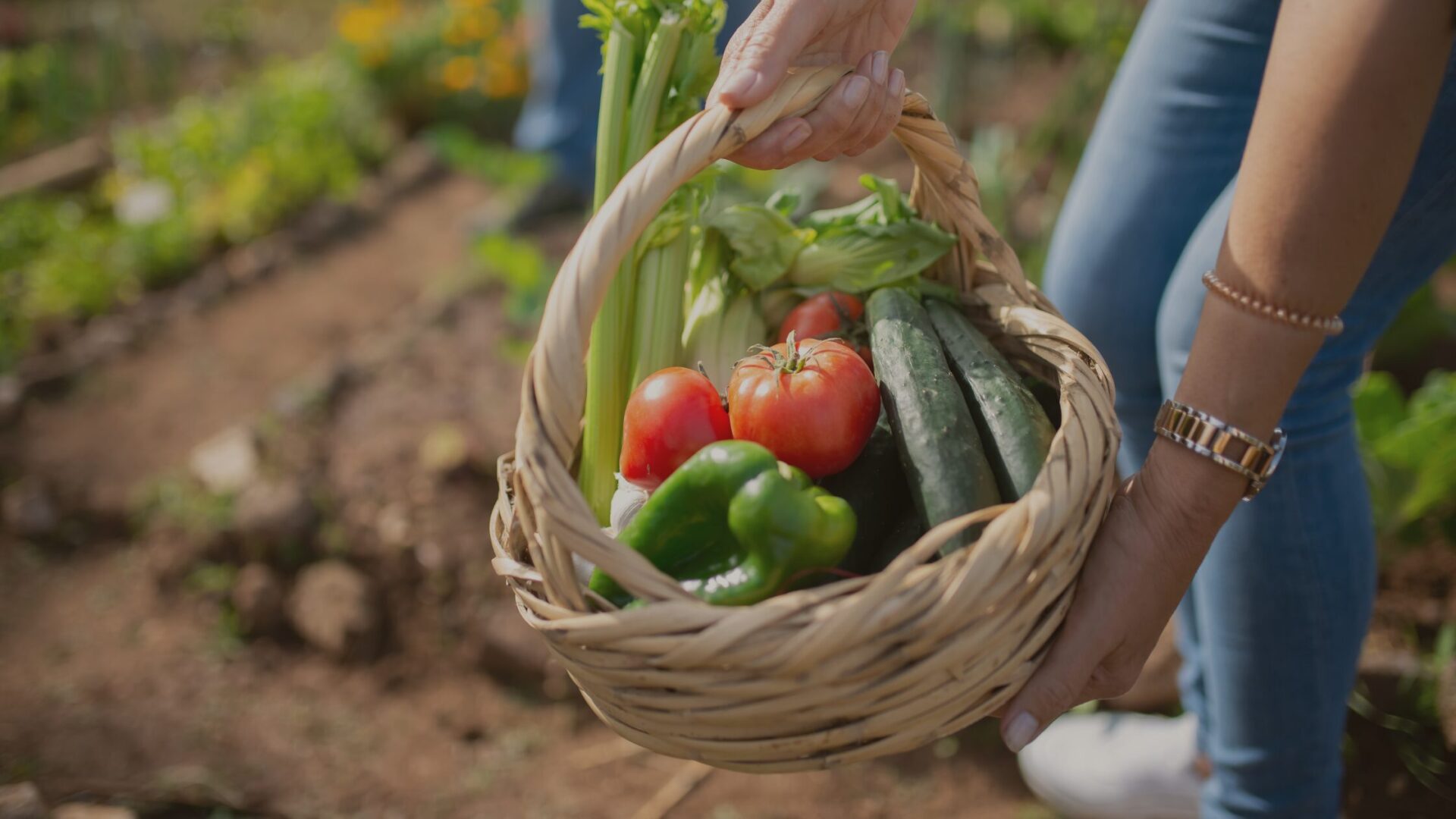Shopping for groceries in Japan, you’ve likely spotted the green “JAS Organic” label on vegetables and rice. While these products cost more than conventional options, they represent Japan’s commitment to sustainable farming and environmental protection. This guide explains everything you need to know about JAS Organic certification and how to incorporate these products into your lifestyle.
What is JAS Organic Certification?
The Green Symbol That Guarantees Quality
The JAS Organic mark features a distinctive green symbol with the sun, clouds, and plants. This isn’t just marketing—it’s legal proof that products meet Japan’s strictest organic standards.
JAS (Japanese Agricultural Standards) Organic indicates food produced using natural methods while minimizing chemical pesticides and synthetic fertilizers. Only products inspected by government-registered certification bodies can display this mark. It’s illegal in Japan to label products as “organic” without proper JAS Organic certification.
The certification covers:
- Agricultural products (vegetables, fruits, grains)
- Processed foods (bread, seasonings, snacks)
- Livestock products (meat, eggs, dairy)
- Organic feed and algae
This government-backed system ensures you’re buying genuinely organic products, not marketing hype.
Rigorous Government Standards
JAS Organic certification operates under strict government oversight. The Ministry of Agriculture, Forestry and Fisheries registers all certification bodies that conduct inspections.
For agricultural products, farmers must:
- Prepare soil using compost and organic materials
- Avoid synthetic fertilizers and chemical pesticides
- Prohibit genetically modified technology completely
- Maintain soil health and natural ecosystems
For livestock products, farmers must:
- Feed animals organic agricultural products only
- Restrict medication use to therapeutic purposes
- Raise animals in low-stress, near-natural conditions
- Consider animal welfare throughout the process
For processed foods, manufacturers must:
- Use organic agricultural and livestock ingredients
- Apply only physical or biological processing methods
- Avoid synthetic additives and chemicals
The certification process includes document reviews and on-site inspections. Annual follow-up inspections ensure ongoing compliance, giving consumers confidence in their purchases.
Understanding Pesticides in JAS Organic
Not Completely Pesticide-Free, But Strictly Limited
Many people believe “JAS Organic equals zero pesticides,” but this isn’t accurate. However, pesticide use is extremely limited and carefully regulated.
JAS Organic prohibits synthetic pesticides in principle. However, when crops face serious threats from pests, diseases, or extreme weather, farmers may use specific approved materials only as a last resort. These permitted substances are clearly listed in JAS standards and publicly available.
For imported products, border quarantine may require fumigation treatment. The JAS Organic mark applies only when designated pesticides are used and contamination by prohibited substances is confirmed absent.
This balanced approach recognizes agricultural realities while maintaining environmental protection goals.
Why Pesticide Restrictions Are So Strict
JAS Organic’s strict pesticide limits reflect organic farming’s core philosophy: maximizing natural forces while minimizing environmental impact.
Natural ecosystems maintain balance through biodiversity. Beneficial insects control harmful pests, while soil microorganisms support plant growth. Synthetic pesticides can disrupt these natural relationships.
JAS Organic also aligns with international standards from Codex Alimentarius, the global food standards organization. This ensures Japanese organic products meet worldwide sustainability expectations.
Key restrictions include:
- Complete prohibition of genetically modified technology
- Limited veterinary medicines in livestock (therapeutic use only)
- Extended withdrawal periods for any necessary treatments
- Focus on supporting natural biological cycles
Benefits for Daily Life and the Environment
Supporting the Planet Through Your Shopping
Choosing JAS Organic products creates positive environmental impact through everyday decisions. While individual actions may seem small, collective choices drive significant change.
Environmental benefits include:
- Reduced chemical runoff into soil and groundwater
- Preserved soil microorganisms and natural cycles
- Safer habitats for birds and insects
- Enhanced biodiversity through diverse crop systems
- Reduced carbon emissions from chemical production
- Improved carbon storage in healthy soils
Social benefits include:
- Supporting environmentally conscious farmers
- Promoting sustainable agriculture practices
- Contributing to local food system resilience
- Encouraging innovation in organic farming methods
Each purchase becomes a vote for environmental protection and sustainable farming practices.
Practical Tips for Incorporating JAS Organic
Start Small, Think Long-term
You don’t need to switch entirely to JAS Organic products immediately. Sustainable change happens gradually, within your budget and lifestyle constraints.
Budget-friendly approaches:
- Start with one or two product categories
- Choose organic versions of foods you eat most frequently
- View price differences as supporting hardworking farmers
- Buy organic when your budget allows flexibility
- Focus on locally produced items when possible
Smart shopping strategies:
- Compare prices across different stores
- Look for seasonal promotions and sales
- Consider joining organic buying cooperatives
- Buy in bulk when practical for non-perishables
Direct From Local Farmers
Buying directly from local organic farmers often provides better prices than supermarkets while supporting your community.
Where to find direct sales:
- Farm-direct stores and roadside stands
- Local farmers’ markets and weekend markets
- Online direct-sales platforms
- Social media farmer groups and pages
- Community-supported agriculture (CSA) programs
Benefits of direct purchasing:
- Lower prices due to eliminated middleman costs
- Fresher products with minimal transportation
- Personal relationships with food producers
- Seasonal variety and unique local specialties
- Reduced environmental impact from transportation
Many farmers offer regular delivery services, bringing seasonal organic vegetables directly to your door. This creates exciting meal planning opportunities while supporting local agriculture.
Getting Started With JAS Organic
Simple First Steps
Beginning your JAS Organic journey doesn’t require dramatic lifestyle changes. Start with these manageable steps:
- Identify priority products – Choose items you consume regularly or foods where organic quality matters most to you
- Research local options – Find nearby stores, markets, or farms selling JAS Organic products
- Set a realistic budget – Determine how much you can comfortably spend on organic products monthly
- Experiment gradually – Try different organic products to discover your preferences
- Connect with community – Join local groups focused on sustainable living and organic foods
Making It Sustainable
Long-term success with JAS Organic depends on finding balance between environmental goals and practical constraints:
- Mix organic and conventional products based on budget and availability
- Prioritize local and seasonal choices when possible
- Share resources with neighbors through bulk buying or farmer connections
- Stay informed about new organic options in your area
- Celebrate progress rather than demanding perfection
Conclusion
JAS Organic certification provides reliable assurance that products meet Japan’s highest organic standards. While not perfectly pesticide-free, JAS Organic represents a careful balance between agricultural reality and environmental protection.
You don’t need to revolutionize your shopping habits overnight. Start with small changes—visiting a local farmers’ market, trying one organic product category, or connecting with community-supported agriculture programs. These individual choices accumulate into meaningful environmental impact.
JAS Organic products offer a practical way to support sustainable agriculture, protect natural ecosystems, and contribute to environmental health through everyday shopping decisions. At your own pace and within your means, explore how JAS Organic can enhance both your lifestyle and positive environmental impact.








